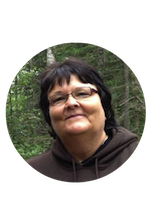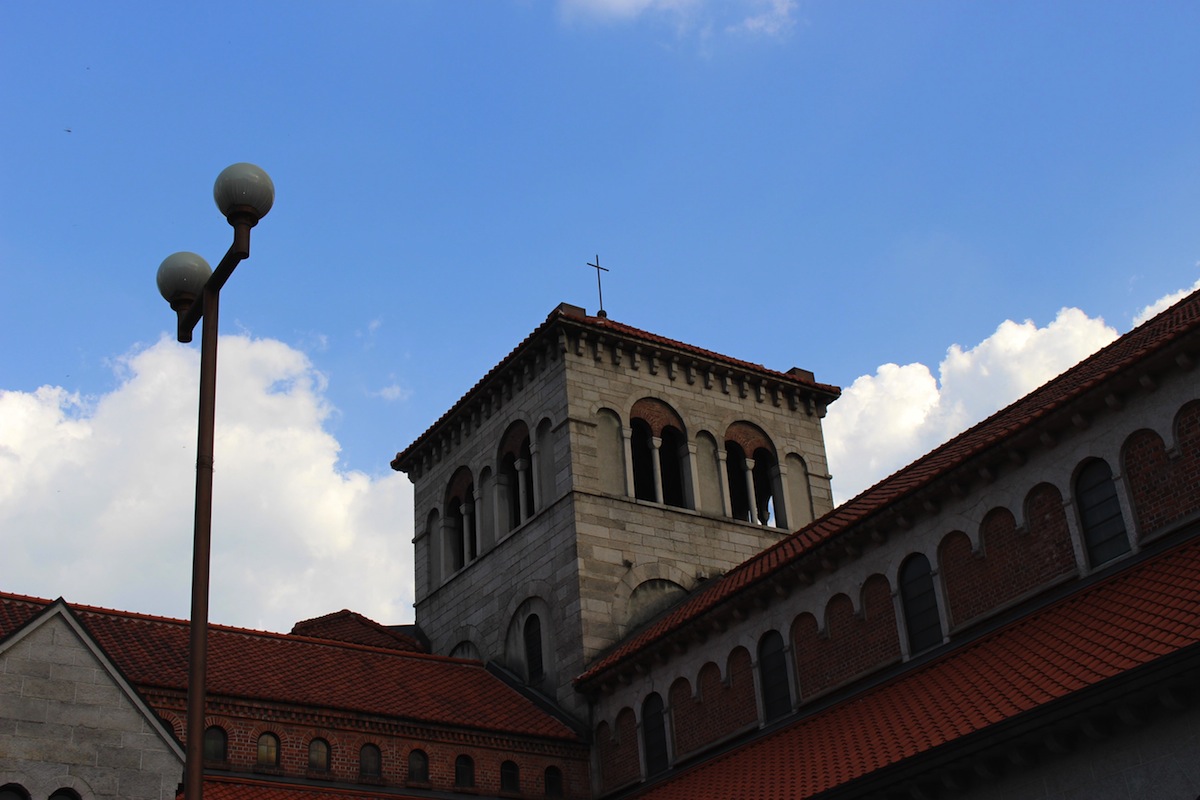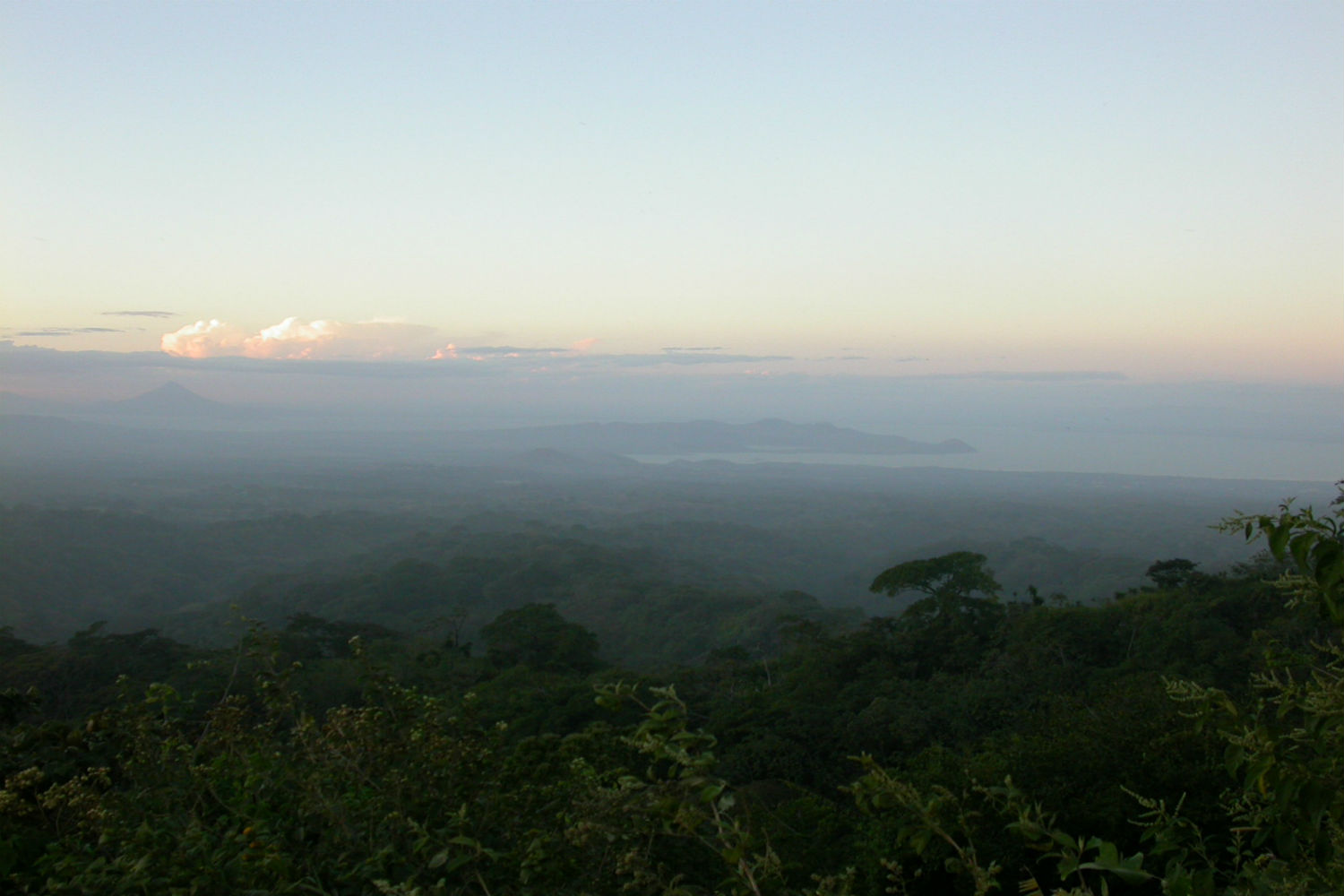When I went on SST, I wasn’t a student, I wasn’t in a host family and I wasn’t a unit leader. My father and mother, Harold and Patricia Yoder, led the 1972 group to South Korea. I was a sophomore in high school, barely two years younger than the youngest college student in our group. I was too young to be noticed by many of the students, but not too young to learn a lot about myself and the world.
My immediate reaction to Korea was to realize people at the college weren’t kidding when they talked about culture shock. This was the East; I was comfortable in the West. Many things were different: the hole toilets on the ground that you squatted to use and stall doors in public restrooms that went down to the ground; lots of fish instead of hamburger; marinated meat called bulgogie, which would become my favorite dish.
But even at 16 years old, I was no stranger to SST. Two friends had also gone with their parents as SST leaders to Jamaica and Honduras. My parents had always wanted to lead a unit but waited until the college sent students to South Korea. Right after they married, they did MCC work in Japan and Korea; my mother was the first civilian woman to go to South Korea after the war, and they wanted badly to go back with my family.

We settled into the guesthouse at Yonsei University, where Korean classes for the school took place. I didn’t interact much with the college students, even though the youngest college student was 18 and I felt like I should be included, but a few of them made me feel welcome. I hung out most with my sister, Barb, then 14, and my brother, Stephen, then 12.
As the days went on, I began to get more comfortable. We learned a little of the language, visited the beautiful island of Cheju, and ate bowl after bowl of rice. When we went out, people seemed thrilled to see Americans, pointing at us and asking to take our picture. We went to a public bath once, where we cleaned ourselves with little spigots and got into a giant tub of scalding hot water to soak away whatever dirt was left. It was a new experience to bath in public without swimsuits.
After several weeks I learned enough Korean to shop in the market. There were stands of fruit and vegetables and meat hanging in the open. If you wandered further inside, you could buy chocolate bars on the black market. We learned how to bargain and get the best price. On the bus one morning I rode next to a woman who was on her way to the market with a bowlful of peaches. When the bus driver slammed on the breaks, her peaches rolled everywhere and an argument broke out. I realized that many people, like this woman, had very little and were traveling far distances to Seoul to get the best price for their goods.
My mother also took Barb and I to be fitted for traditional Korean dresses, and we bought little rubber shoes to go with them. After we were back in Goshen, one of the girls in our group married a Korean gentleman she fell in love with during her service assignment. Our parents forced us to wear the dresses that looked so beautiful in Korea, but so out of place in Goshen.
Years later, I have a broader view of the world because of those three months. The college gave us the ability to travel as a family, an opportunity that we would never had had my father not taught at Goshen. I haven’t traveled overseas much since then, but I do realize that no cultures are right or wrong – just different. I teach in Kansas near an Indian reservation, and I am a better teacher because I understand the need to be tolerant of differences.
Shortly before the end of SST, my family visited a Korean church that was in the process of building a sanctuary on the outskirts of Seoul. We sat under a tent canopy on rough benches. The service was in Korean. It was a beautiful summer day; the breeze blew softly through the canopy. I contemplated my imminent return to the United States. It seemed fitting that the closing hymn was “In Christ There Is No East or West.” We sang in English; the congregation, of course, sang in Korean.
This hymn was a perfect summation of my experience: Christ overcomes culture shock and differences. He sees no East or West. We are His children.
 Beth Yoder Jensen is a language arts teacher for seventh and eighth graders at Everest Middle School in Everest, Kansas. She graduated from Bethel College in 1979.
Beth Yoder Jensen is a language arts teacher for seventh and eighth graders at Everest Middle School in Everest, Kansas. She graduated from Bethel College in 1979.



